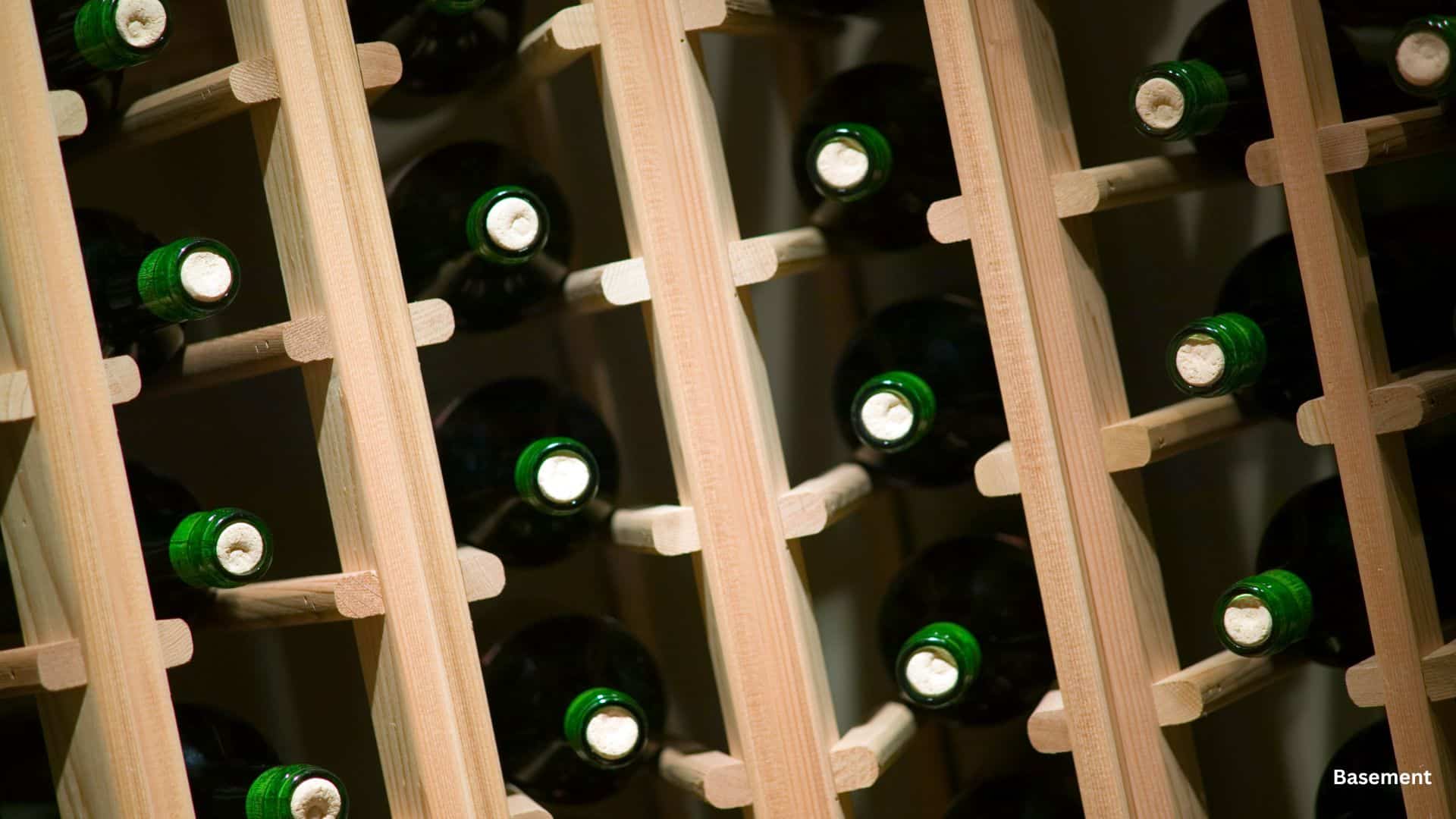A basement wine cellar is the perfect addition for wine enthusiasts looking to store and showcase their collection. This guide will help you understand the essential aspects of building a wine cellar in your basement, including a comprehensive checklist, pros and cons, cost considerations, maintenance tips, and answers to common questions.
Basement Wine Cellar Design Ideas
Basement Wine Cellar Checklist
Assess the Space
- Check for structural integrity.
- Ensure proper insulation.
- Measure available space.
Climate Control
- Install a cooling system.
- Maintain humidity levels (50-70%).
Storage Solutions
- Choose wine racks and shelving.
- Plan for future expansion.
Lighting
- Use dimmable LED lights.
- Avoid direct sunlight.
Flooring and Walls
- Opt for moisture-resistant materials.
- Insulate walls and floors.
Security
- Install a lockable door.
- Consider surveillance options.
Aesthetic Touches
- Add decorative elements.
- Use wine-themed decor.
Pros and Cons of a Basement Wine Cellar
Pros:
- Optimal Storage Conditions: Maintains ideal temperature and humidity.
- Space Efficiency: Utilizes unused basement space.
- Increased Home Value: Adds luxury appeal and market value.
- Personal Enjoyment: Creates a dedicated space for wine tasting and entertaining.
Cons:
- Initial Cost: Significant investment for construction and equipment.
- Maintenance: Requires regular upkeep to ensure proper conditions.
- Space Requirements: Needs ample space and structural suitability.
- Potential for Damage: Risk of damage from moisture or temperature fluctuations.
Cost to Build a Basement Wine Cellar
The cost to build a wine cellar can vary widely based on factors like size, materials, and features. On average, expect to spend between $15,000 and $60,000. Here’s a rough breakdown:
- Basic Setup: $15,000 – $25,000 (small space, basic insulation, and cooling).
- Mid-Range: $25,000 – $40,000 (larger space, better materials, advanced cooling).
- Luxury: $40,000 – $60,000+ (high-end finishes, custom design, top-tier cooling).
Maintenance Tips
- Monitor Temperature and Humidity: Keep a digital thermometer and hygrometer.
- Regular Cleaning: Dust shelves and vacuum floors.
- Check for Leaks: Inspect for any signs of water damage.
- Service Cooling System: Schedule regular maintenance for the cooling unit.
- Rotate Wine: Ensure even aging by rotating bottles periodically.
Common Questions
How long does it take to build a basement cellar?
Typically, it takes 2 to 6 months, depending on the complexity of the project.
Can I convert an existing basement room into a wine cellar?
Yes, with proper insulation, cooling, and humidity control, any basement room can be converted.
Do I need a professional to design my wine cellar?
While DIY is possible, hiring a professional ensures optimal design and functionality.
What type of cooling system is best for a wine cellar?
A ductless split system is often recommended for its efficiency and ease of installation.
How much wine can a typical wine cellar hold?
This depends on the size and design, but a standard home wine cellar can hold 500-1,500 bottles.

Canva image
Building a basement wine cellar is a rewarding project that enhances your home and preserves your wine collection in optimal conditions. By following this guide, you can create a space that meets all your wine storage needs.





